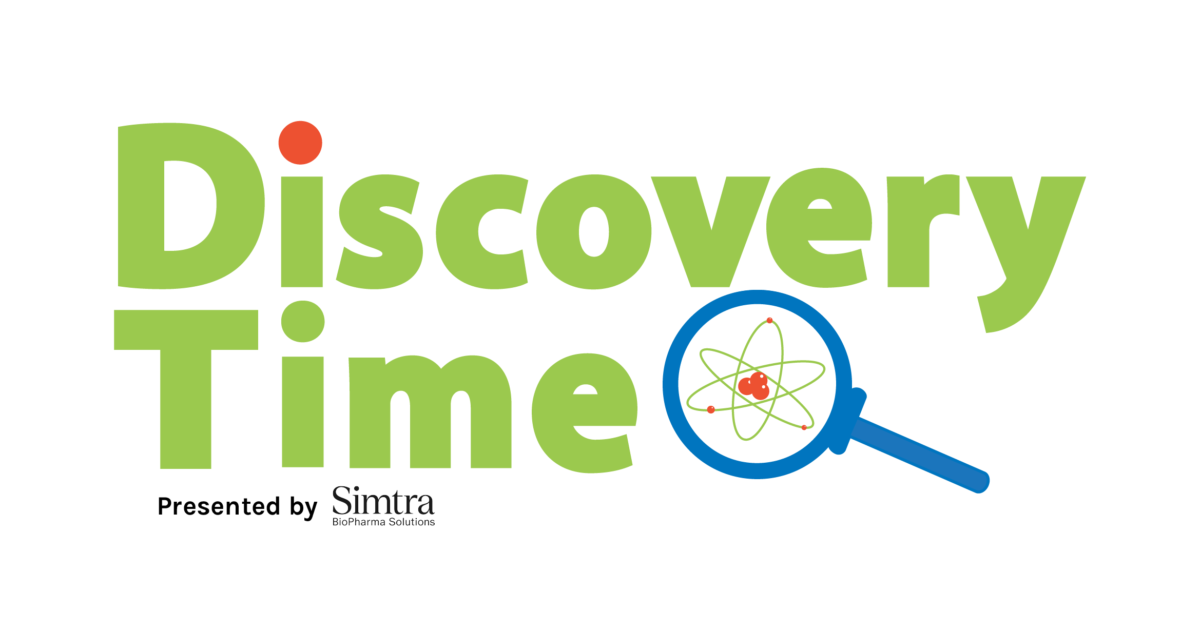Thursdays in September
It is said that young children experience the world and express themselves in a “hundred languages.” Discovery Time utilizes a broad array of these learning languages – including music, art, stories, and creative movement – to connect children to science. Children ages 3 to 6 are developing increasingly complex theories about the world, rapidly gaining language, and learning to work with others. Discovery Time activities are designed by early childhood specialists specifically to nurture and challenge the rapid development of preschool-aged children in a fun, safe, and collaborative learning environment. Discovery Time sparks the interest of science education in young children by teaching them how to explore a broad range of topics with a curious mindset. Each March will have a different focus, ranging from oceans, to space, to physics, to human health and anatomy. You never know what you may learn at Discovery Time!
Biology is the study of living things and how they relate to each other. It’s like a big puzzle where scientists try to understand how plants, animals, and even tiny creatures like bacteria and fungi, live, grow, and interact with each other and their environment. This month in Discovery Time we will introduce topics such as life cycles, habitats, food chains, cells, and more! Discovery Time supports children’s language, cognitive, and motor development with play, art, and hands-on activities. Caregivers will also learn about their child’s development and how it relates to learning. Discovery Time is recommended for children aged 3-6, caregivers, and siblings.
Children ages 3 to 6 are developing quickly and gaining and mastering skills in a wide variety of domains including language, motor, symbolic representation, and concrete operational thinking. Discovery Time is structured around exploring the scientific method: observing, hypothesizing, testing, and discussing the results! Discovery Time provides open-ended activities that are accessible and engaging for children across a spectrum of development, and helps generally prepare them for the more structured learning environments they will encounter in elementary school.
Hands-on activities include:
- Singing songs about the life cycles of plants
- Exploring the world around us with magnifying glasses and microscopes
- Creating art with natural materials
5 – 5:30 p.m. EST
Topic: Biology
Location: WonderLab
Masks Optional
Cost: Free with Admission


